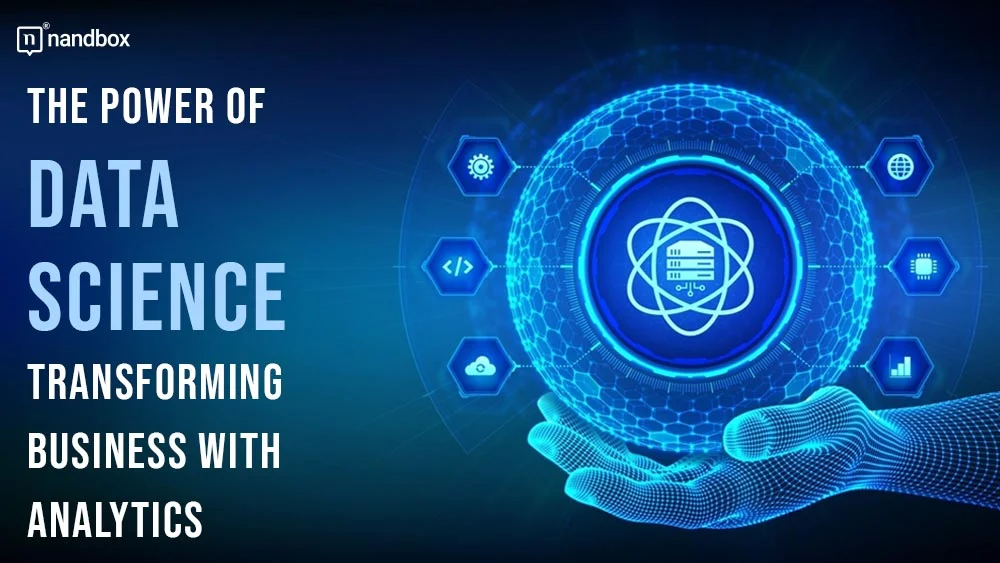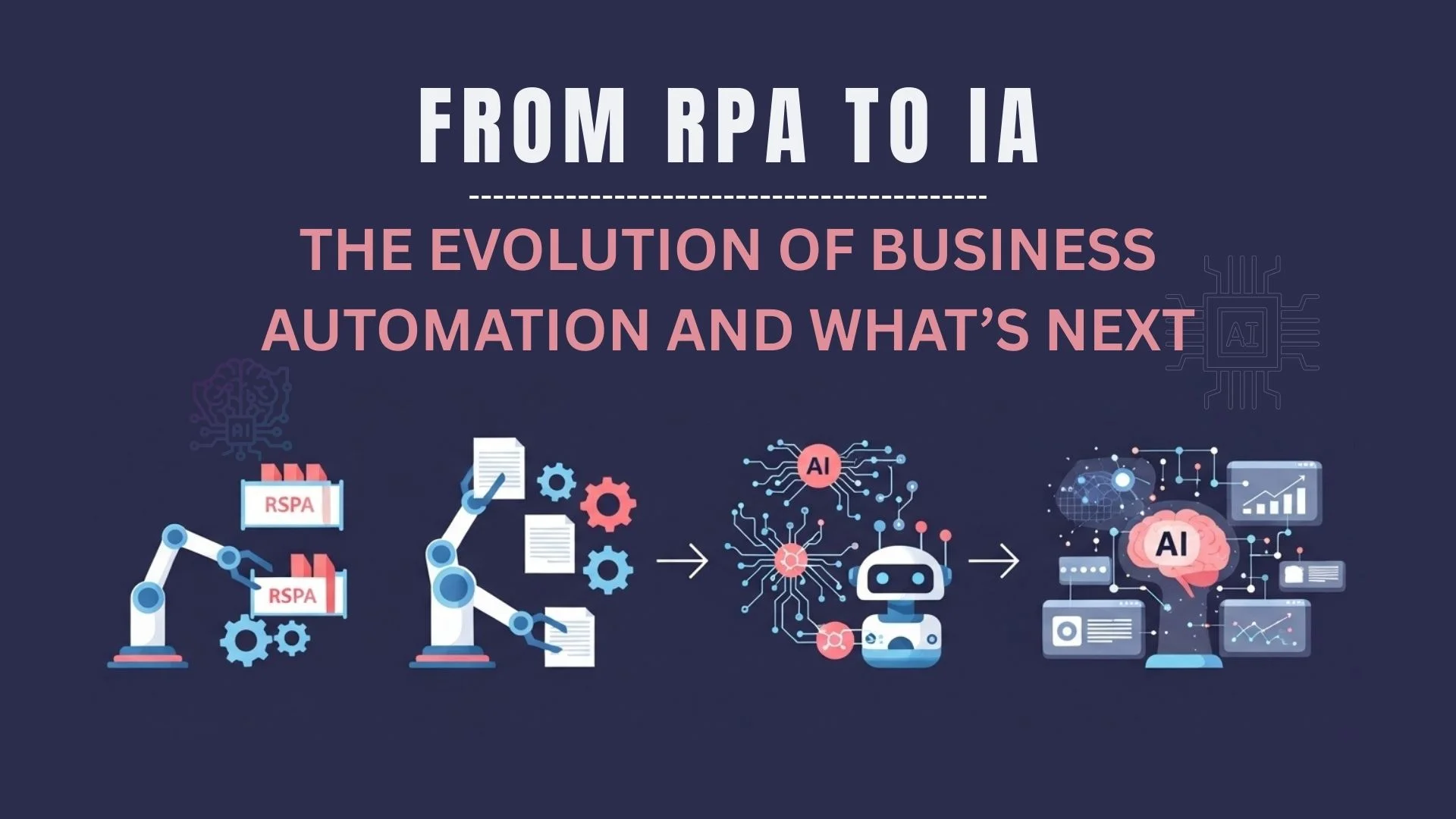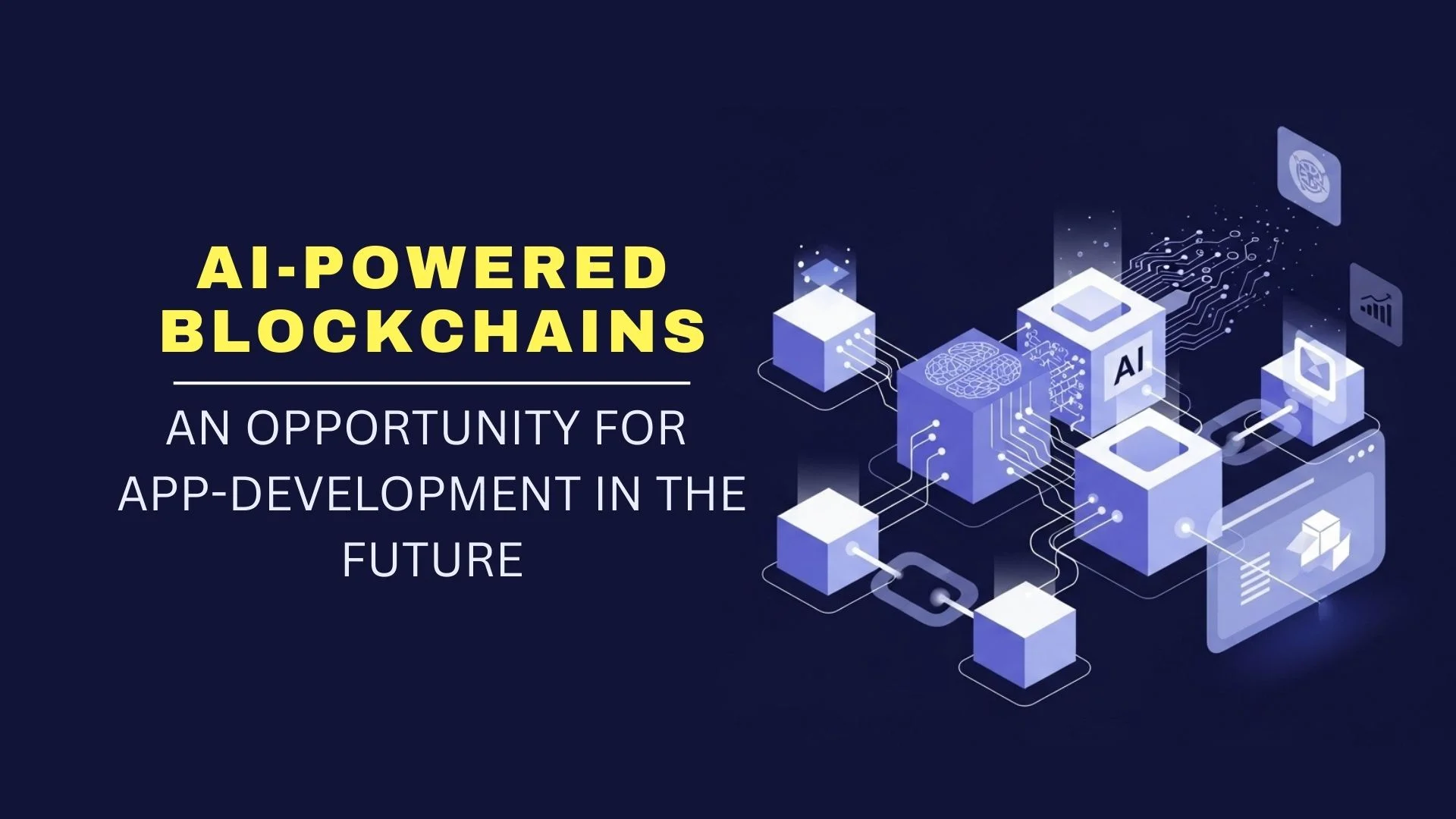Data has been aptly described as the new oil in today’s digital age. Its value lies in the ability to transform it into actionable insights that drive strategic decisions, foster innovation, and enhance operational efficiency. Data science is the key discipline that turns raw data into valuable information, integrating aspects of statistics, data analysis, and machine learning to extract meaningful patterns and predictions. Read on to learn the power of data science and how it revolutionizes many industries.
What is Data Science?
Data science is a broad field encompassing various techniques and tools aimed at analyzing complex data sets. It involves the following core components:
Data Collection:
The foundation and power of data science is data collection, where multiple sources such as databases, web scraping, surveys, and APIs help in gathering information. The quality and relevance of the collected data directly influence the insights that can be derived. This stage often involves setting up data pipelines and ensuring that data collection methods are robust and ethical.
Data Cleaning:
Data rarely comes in a perfect format when collected. The cleaning involves detecting and correcting errors, inconsistencies, and inaccuracies within the dataset. This process might include handling missing values, removing duplicate entries, and ensuring that data is formatted consistently. Clean data is crucial for accurate analysis and reliable results.
Data Analysis:
At this stage, statistical methods and algorithms are applied to understand data patterns and relationships. This involves exploratory data analysis (EDA) to summarize the main characteristics of the data, often with visual methods. Analysts use various statistical techniques to identify trends, correlations, and anomalies, which can inform further analysis or decision-making.
Data Visualization:
Visualization is an essential component of data science that involves creating graphical representations of data. Effective visualizations, such as charts, graphs, and heatmaps, help to reveal trends, patterns, and insights that might be difficult to discern from raw data alone. Tools like Matplotlib, Seaborn, and Tableau are commonly used for this purpose.
Machine Learning:
Machine learning (ML) involves building and applying algorithms that can learn from and make predictions or decisions based on data. It includes supervised learning, where models are trained on labeled data, and unsupervised learning, where patterns and structures are identified in unlabeled data. Techniques such as regression, classification, clustering, and deep learning are used to build models that can predict outcomes or classify data into categories.
Why is Data Science Important?
The significance of data science extends across numerous industries, each leveraging data to gain a competitive edge:
- Healthcare: Data science enhances patient care and outcomes through predictive analytics. For instance, ML algorithms can predict disease outbreaks, personalize treatment plans, and optimize hospital operations. Predictive models help in early diagnosis and tailored treatment strategies, ultimately improving patient health and reducing costs.
- Finance: In the financial sector, data science plays a crucial role in detecting fraudulent activities, managing risks, and forecasting market trends. Algorithms analyze transaction patterns to identify suspicious activities, while predictive models help in assessing credit risks and optimizing investment strategies.
- Retail: Data science helps retailers understand consumer behavior, personalize shopping experiences, and optimize inventory management. By analyzing purchase data and customer interactions, retailers can recommend products, forecast demand, and adjust inventory levels to meet customer needs more effectively.
- Marketing: In marketing, data science enables targeted advertising and campaign optimization. By analyzing customer demographics, behavior, and preferences, companies can create personalized marketing strategies that resonate with their audience and improve ROI.
Getting Started with Data Science
For those aspiring to enter the field of data science, proper education and training are essential. There are various resources and platforms available to help individuals acquire the necessary skills. One notable option is Intellipaat Data Science, which offers comprehensive courses covering fundamental and advanced data science topics.
Intellipaat provides hands-on training in essential areas such as data wrangling, statistical analysis, machine learning, and data visualization. Their courses often include practical projects and real-world case studies that enable learners to apply their knowledge in a practical setting. This approach not only enhances theoretical understanding but also equips individuals with practical skills to tackle data challenges in a professional environment.
Skills Required for Data Science
To excel in data science, individuals should cultivate a diverse skill set that includes:
Programming:
Proficiency in programming languages such as Python and R is crucial. Python is particularly popular due to its extensive libraries (like Pandas, NumPy, and Scikit-Learn) and versatility in data manipulation and machine learning. R, on the other hand, is favored for its statistical analysis capabilities and data visualization tools.
Statistics and Mathematics:
A strong foundation in statistics and mathematical concepts is essential for analyzing data and interpreting results. Knowledge in probability, hypothesis testing, regression analysis, and linear algebra helps in developing accurate models and understanding their implications.
Data Manipulation:
Experience with data manipulation tools and libraries, such as SQL for querying databases. Also, Pandas for data manipulation in Python is necessary for preparing data for analysis. Effective data manipulation ensures that data is in a usable format and ready for modeling.
Machine Learning:
Understanding various machine learning algorithms and techniques is vital for building predictive models. This includes knowledge of supervised and unsupervised learning methods, model evaluation metrics, and hyperparameter tuning.
Communication:
Data scientists must be able to communicate their findings effectively to both technical and non-technical stakeholders. This involves presenting complex insights clearly and understandably, often through visualizations, reports, and presentations.
The Future of Data Science
The field of data science is rapidly evolving, influenced by advancements in technology and emerging trends. Key areas shaping the future of data science include:
- Artificial Intelligence (AI): The integration of AI with data science is enhancing the capabilities of data analysis and decision-making. AI-driven tools and algorithms are increasingly used for tasks such as natural language processing, image recognition, and autonomous systems.
- Big Data Analytics: The growth of big data has led to the development of new tools and techniques for managing and analyzing vast amounts of information. Technologies such as Hadoop and Spark enable the processing and analysis of large-scale datasets, providing deeper insights and more accurate predictions.
- Ethical Considerations: As data collection and analysis become more pervasive, ethical issues related to data privacy, security, and bias are gaining prominence. Data scientists must be mindful of ethical practices, ensuring that data is used responsibly and that models do not perpetuate or exacerbate biases.
Staying abreast of these trends is essential for professionals aiming to remain relevant and competitive in the field of data science. Continuous learning and adaptation to new technologies and methodologies will be crucial for future success. Therefore, harnessing the power of data science.
Conclusion
Data science is a transformative discipline that converts raw data into actionable insight. This, in turn, drives better decision-making and fosters innovation across various industries. Whether you’re a business seeking to leverage data for strategic advantage or an individual aspiring to enter this dynamic field, understanding the principles and applications of data science is crucial. Platforms like Intellipaat Data Science Course offer valuable training and resources to help you develop the skills needed to excel in this ever-evolving domain. With the right knowledge and tools, you can harness the power of data science to unlock new opportunities and drive meaningful change.





